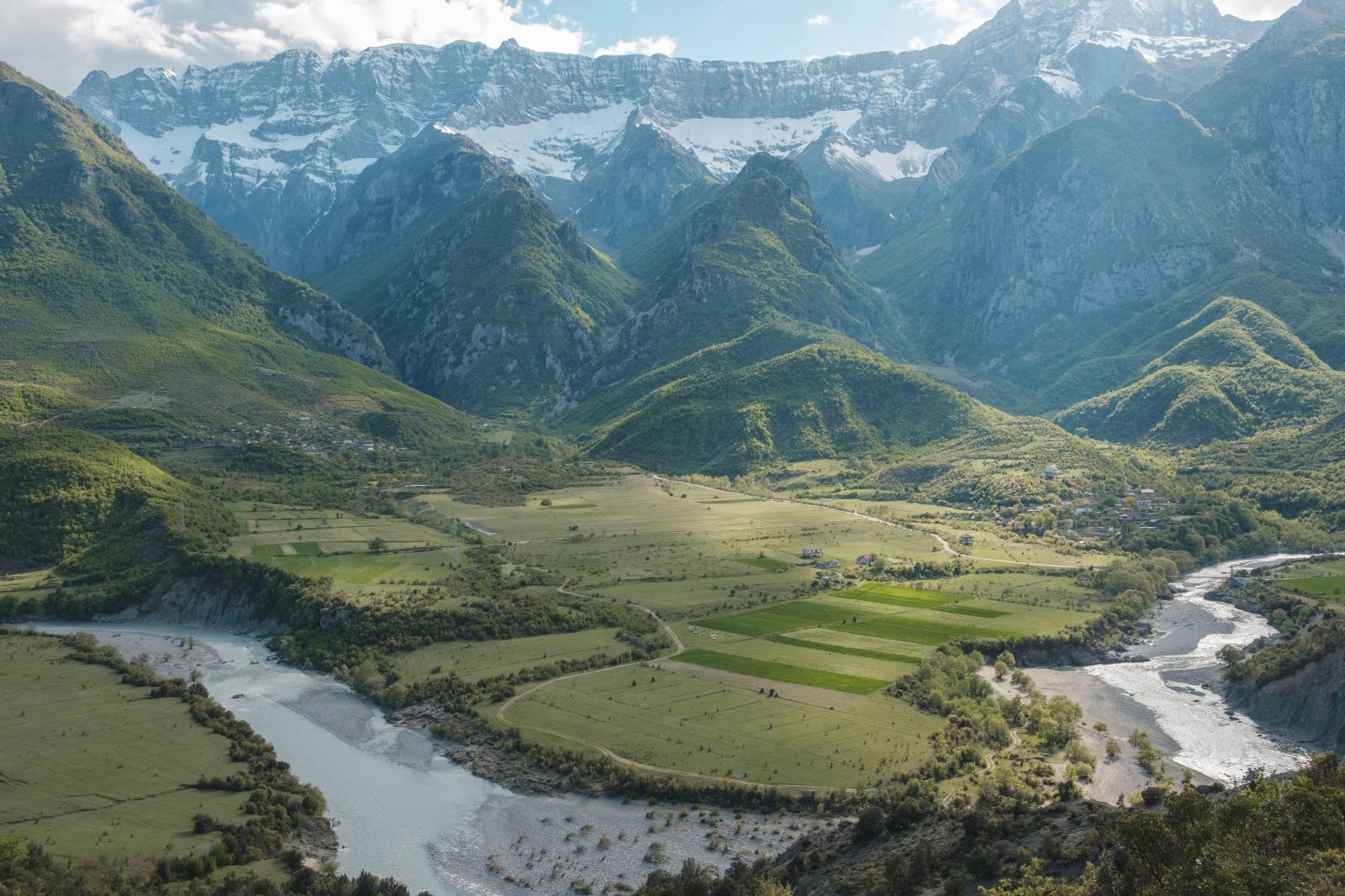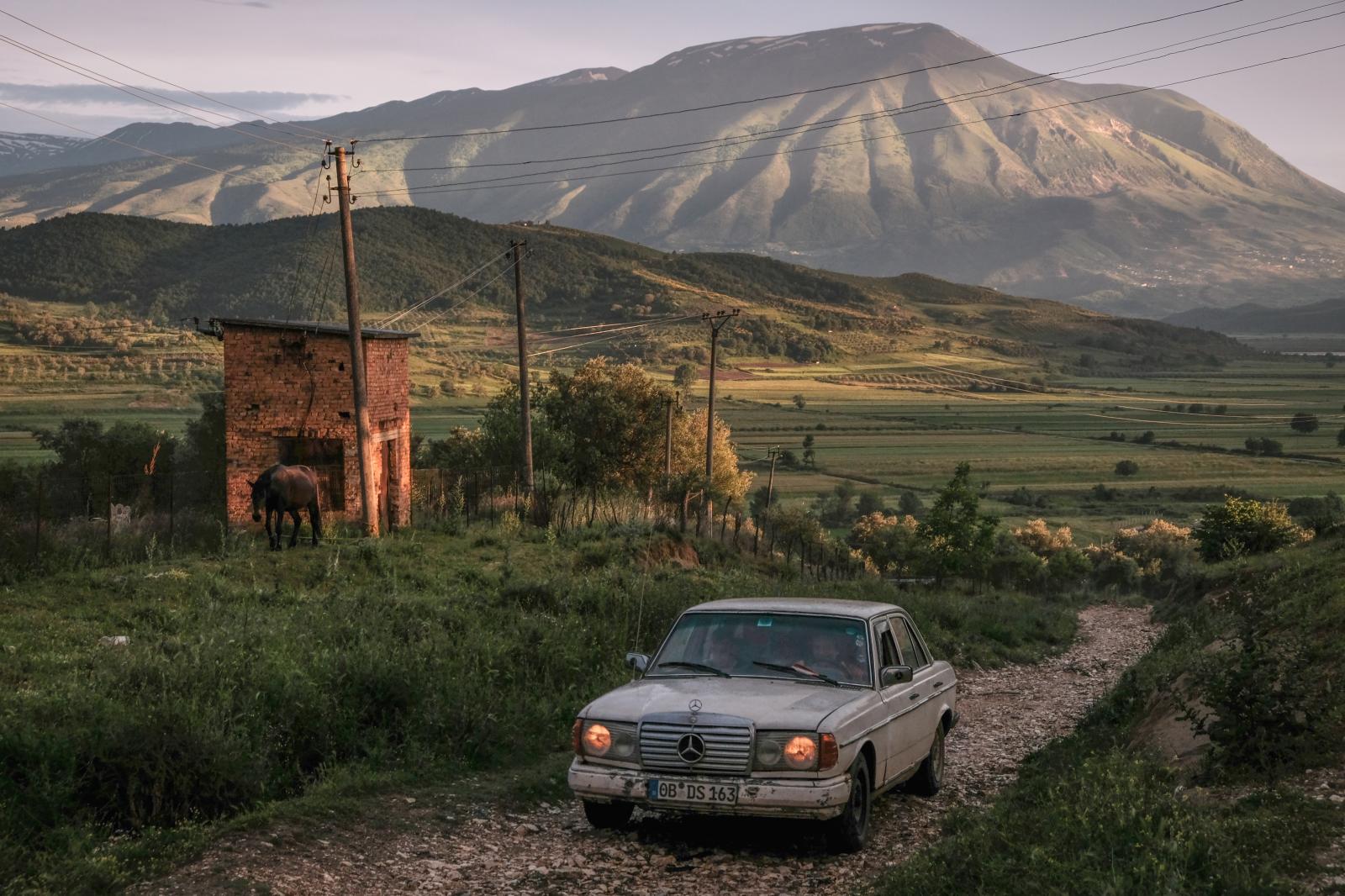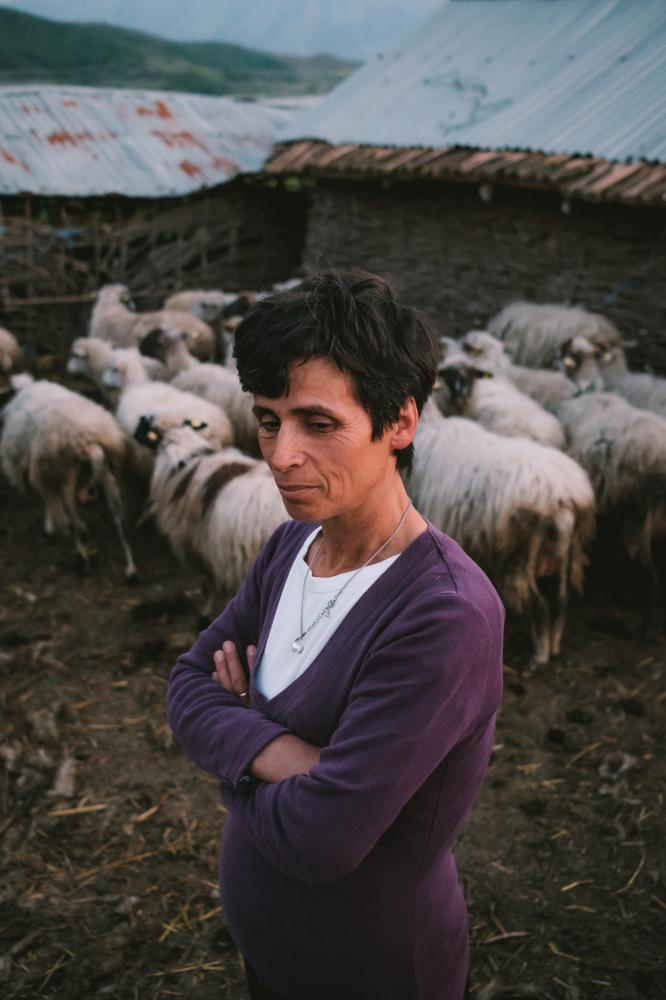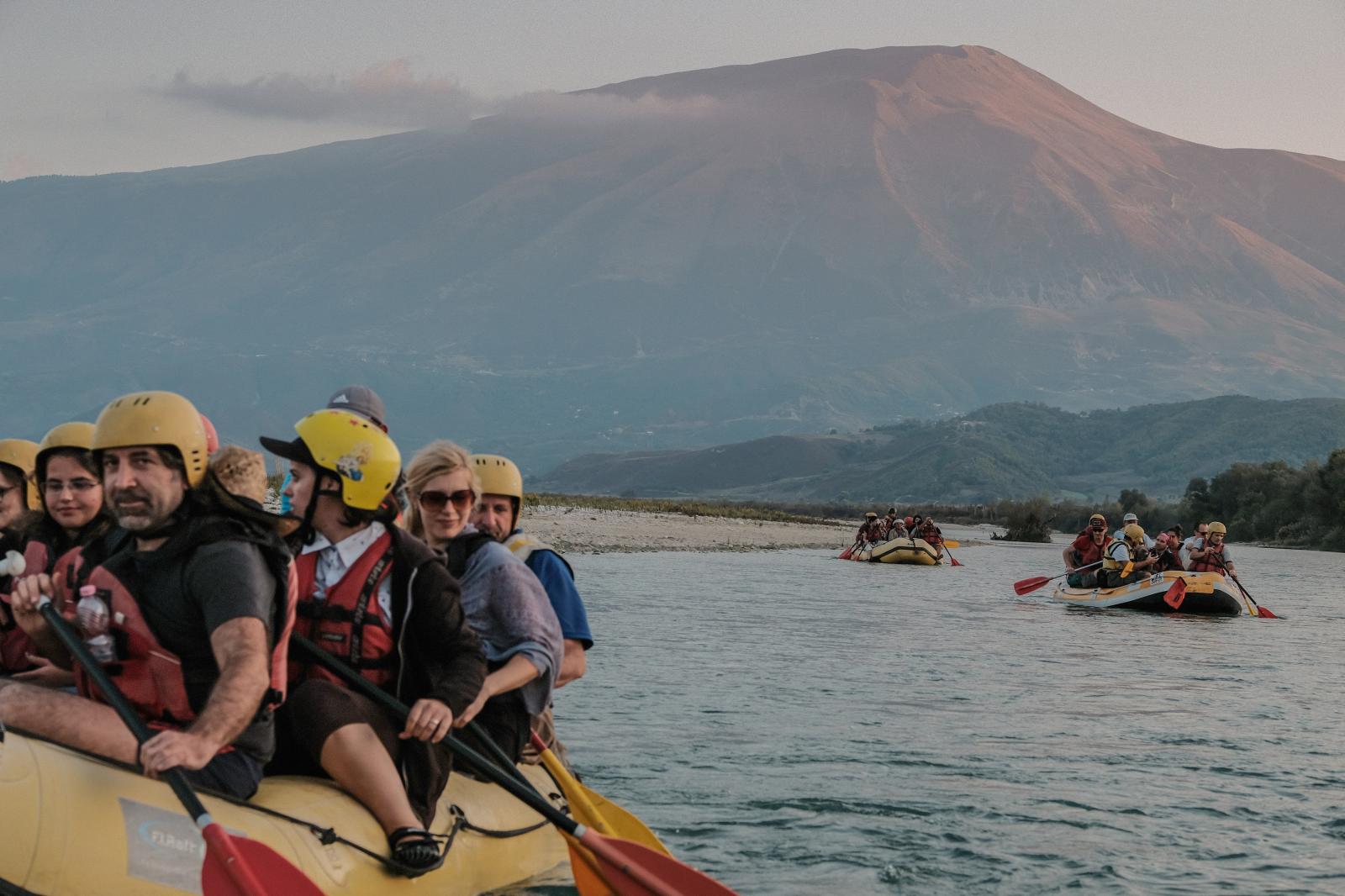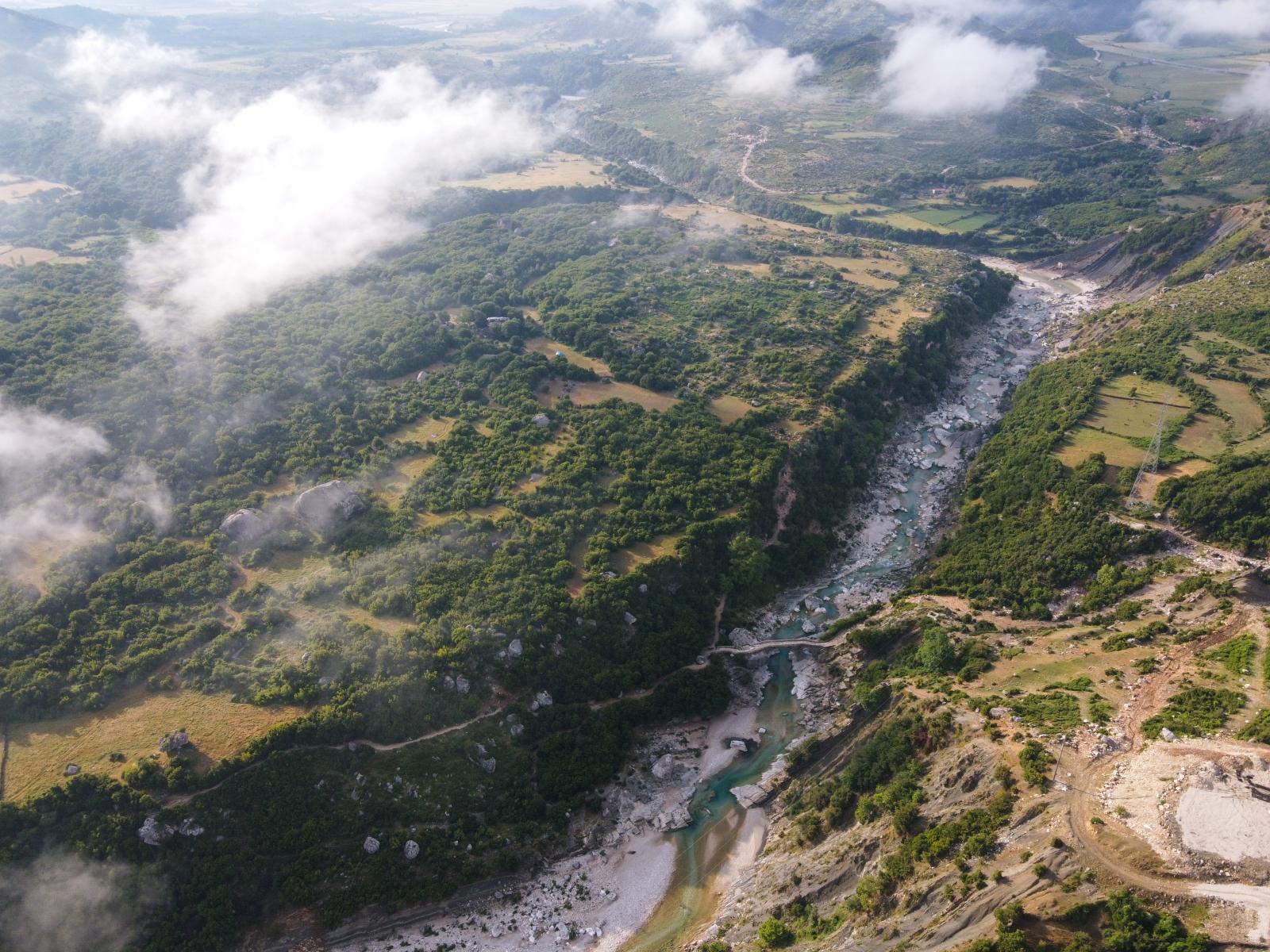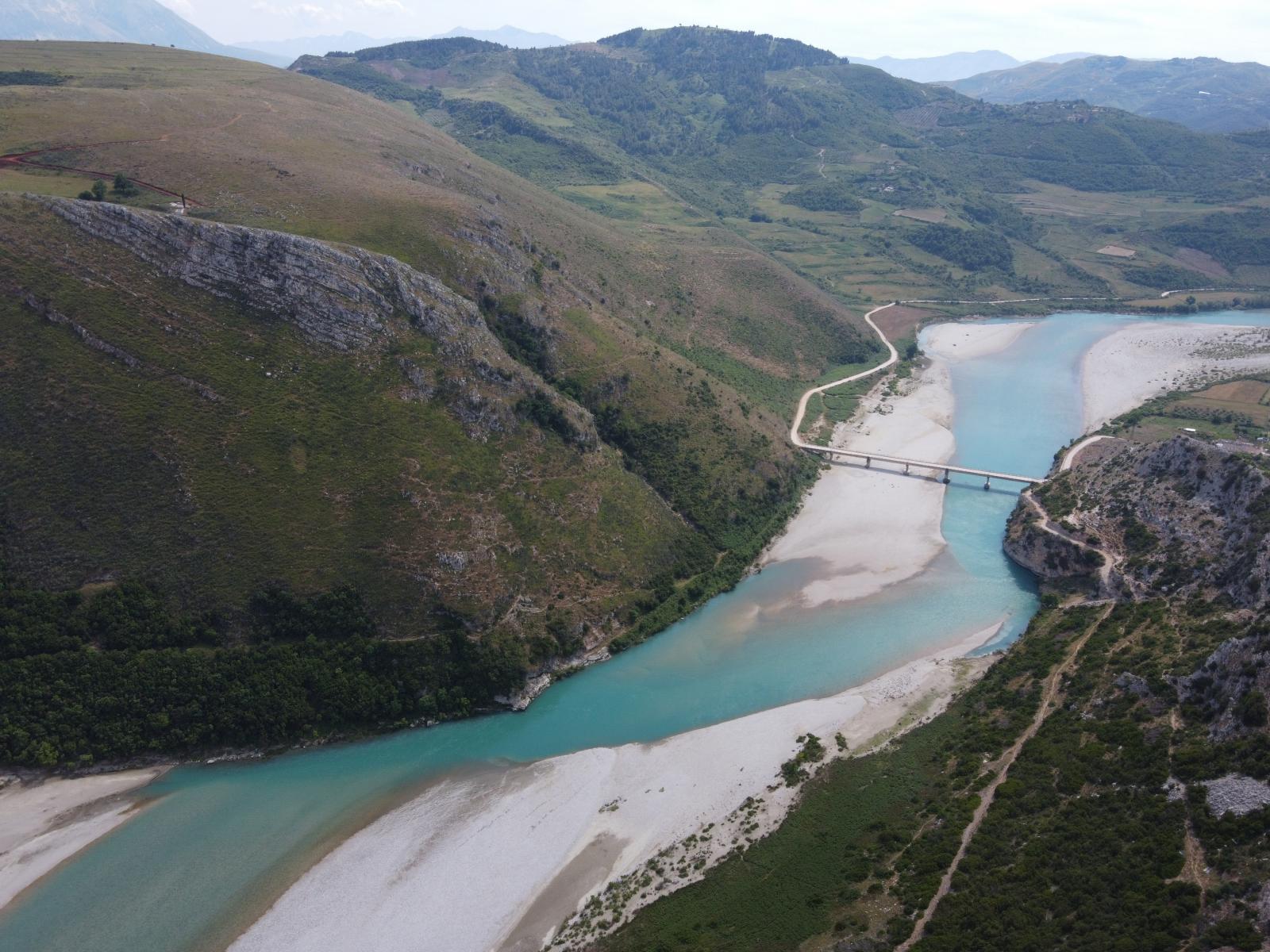Public Story
The Vjosa: Portraits of Life on Europe's Last Wild River
The Vjosa river in Albania is considered to be one of Europe’s last wild rivers. It flows unobstructed for 270 km from its source in northern Greece through southern Albania to the Adriatic Sea, and supports a rich ecosystem, with plant and animal species unique to the region. It is also an important economic and cultural resource for communities who have lived along its banks for centuries, inspiring songs, poetry, legends, and is even a popular name for girls.
In recent years, the Vjosa has faced numerous existential threats, from plans for exploratory oil drilling, construction of an international airport in its delta, and proposed large scale hydropower dams. Alarmed, local communities and conservation groups have mobilised to save the river, drawing in ordinary citizens, activists and scientists from around the world.
In 2022, this global campaign led the Albanian government to agree to the creation of Europe’s first wild river national park, providing a new framework for river conservation around the continent. The Vjosa Wild River National Park, established in March 2023, is a unique collaboration between the Albanian government, The International Union for Conservation of Nature, and outdoor clothing company Patagonia. The park will protect the main river and several of its tributaries, while aiming to develop sustainable ecotourism opportunities in rural communities.

